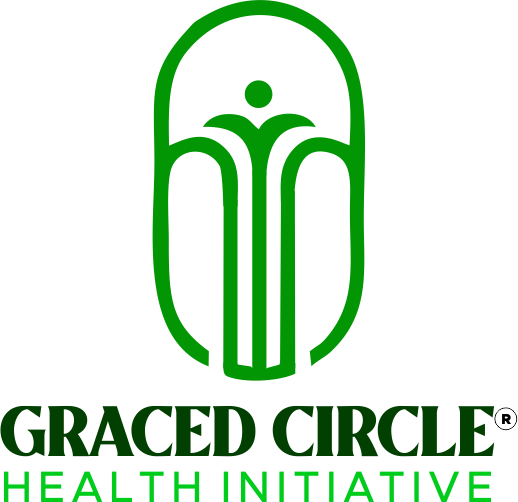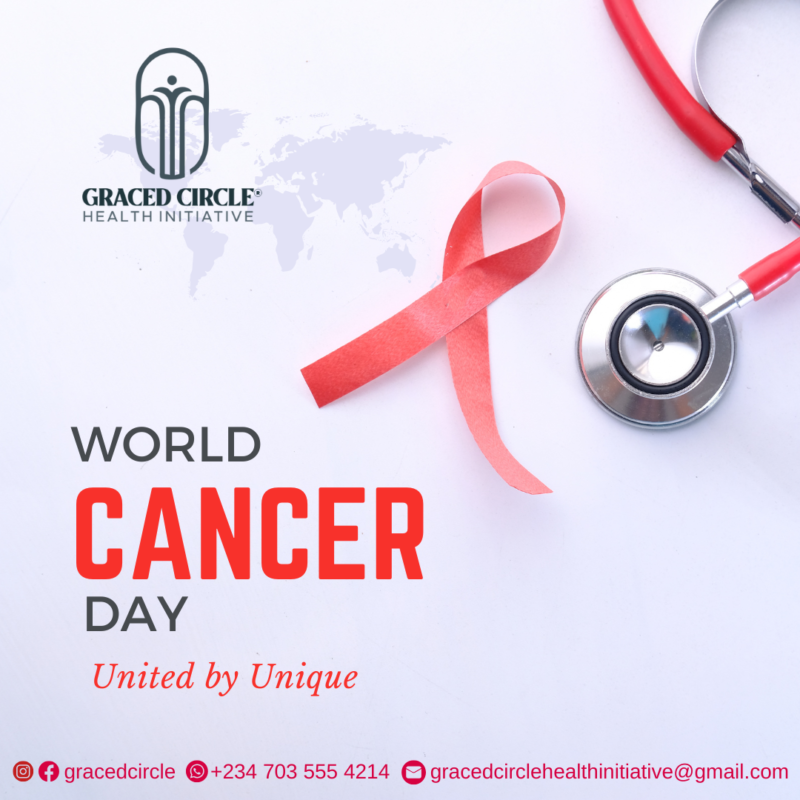Cancer is one of the leading causes of death worldwide, affecting millions of people each year. Despite advances in treatment, awareness and early detection remain critical in reducing cancer-related deaths. By understanding risk factors, symptoms, prevention strategies, and ways to support those affected, we can take proactive steps in the fight against cancer.
What is Cancer?
Cancer occurs when abnormal cells grow uncontrollably in the body, forming tumors that can spread to other organs. It can develop in almost any part of the body and comes in various forms, including breast cancer, lung cancer, prostate cancer, and leukemia.
Common Types of Cancer
1. Breast Cancer – Affects both men and women but is most common in women.
2. Lung Cancer – Strongly linked to smoking and air pollution.
3. Colorectal Cancer – Affects the colon or rectum and is preventable through screening.
4. Prostate Cancer – Common in older men, often detected through PSA tests.
5. Skin Cancer – Caused by excessive exposure to UV rays from the sun or tanning beds.
6. Leukemia – A cancer of the blood and bone marrow.
Risk Factors for Cancer
Several factors increase the risk of developing cancer, including:
– Lifestyle choices – Smoking, alcohol consumption, and poor diet.
– Genetics – Family history of cancer can increase susceptibility.
– Environmental factors – Exposure to toxins, radiation, or harmful chemicals.
– Chronic infections – Some viruses (e.g., HPV, Hepatitis B) are linked to cancer.
– Age – The risk increases as we grow older.
Signs and Symptoms of Cancer
Early detection saves lives. Be aware of these warning signs:
– Unexplained weight loss
– Persistent fatigue
– Lumps or swelling in any part of the body
– Changes in the skin (moles, sores that don’t heal)
– Persistent cough or difficulty breathing
– Changes in bowel or bladder habits
– Unusual bleeding or discharge
If you notice any persistent symptoms, consult a healthcare professional for screening and evaluation.
Cancer Prevention: Steps to Reduce the Risk
While not all cancers are preventable, healthy lifestyle choices can significantly lower the risk of getting cancer.
1. Quit Smoking and Avoid Tobacco Products
Smoking is the leading cause of lung and other types of cancer. If you smoke, seek support to quit.
2. Maintain a Healthy Diet
– Eat a variety of fruits and vegetables rich in antioxidants.
– Choose whole grains over refined grains.
– Limit processed and red meats linked to colorectal cancer.
– Reduce sugar and alcohol intake.
3. Stay Physically Active
Regular exercise (at least 30 minutes daily) helps maintain a healthy weight and reduces cancer risk.
4. Protect Yourself from the Sun
– Use sunscreen (SPF 30 or higher) when outdoors.
– Wear protective clothing, sunglasses, and hats.
– Avoid tanning beds and excessive sun exposure.
5. Get Vaccinated
– The HPV vaccine protects against cervical and other cancers.
– The Hepatitis B vaccine reduces the risk of liver cancer.
6. Regular Screenings and Early Detection
Screening tests can detect cancer early when treatment is most effective. Recommended screenings include:
– Mammograms (for breast cancer)
– Pap smears (for cervical cancer)
– Colonoscopy (for colorectal cancer)
– PSA test (for prostate cancer)
Supporting Cancer Patients and Survivors
If you know someone battling cancer, your support can make a difference. Here are some ways to help:
– Be a listening ear – Let them express their feelings without judgment.
– Offer practical help – Assist with meals, errands, or transportation to treatments.
– Encourage self-care – Remind them to rest, eat well, and stay hydrated.
– Help raise awareness – Participate in cancer awareness campaigns and fundraising events.
The Role of Cancer Awareness Campaigns
Cancer awareness campaigns educate people on prevention, screening, and treatment options. Events like World Cancer Day (February 4) and Breast Cancer Awareness Month (October) encourage discussions, screenings, and fundraising for research.
In conclusion, cancer is a global health challenge, but awareness, prevention, and early detection can save lives. By making informed lifestyle choices, supporting research, and spreading awareness, we can contribute to a world where fewer people suffer from cancer.

